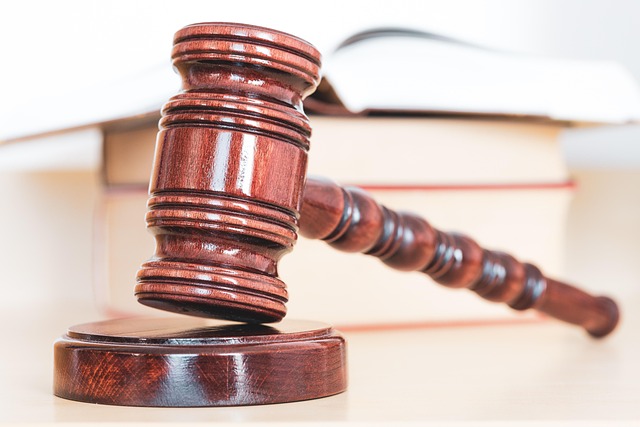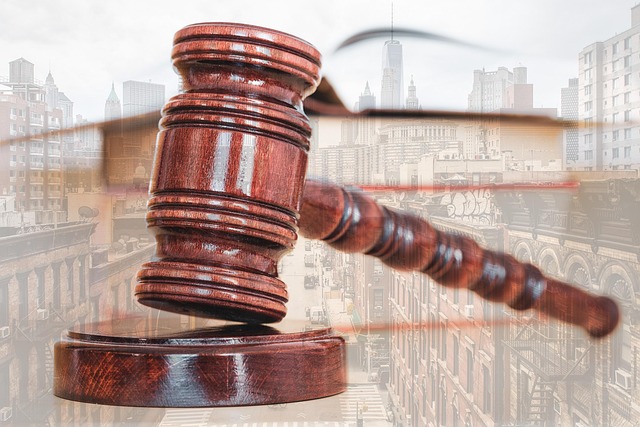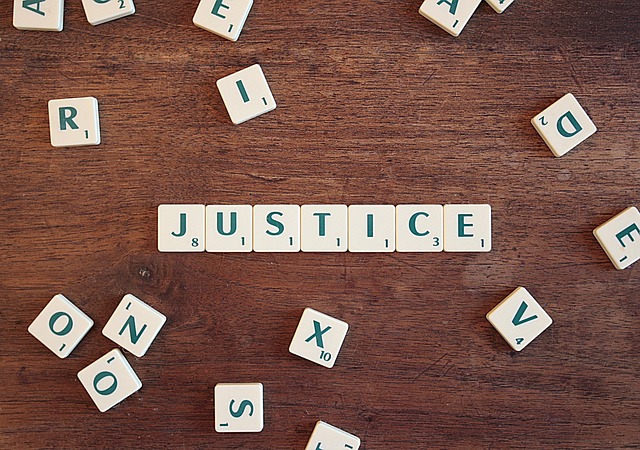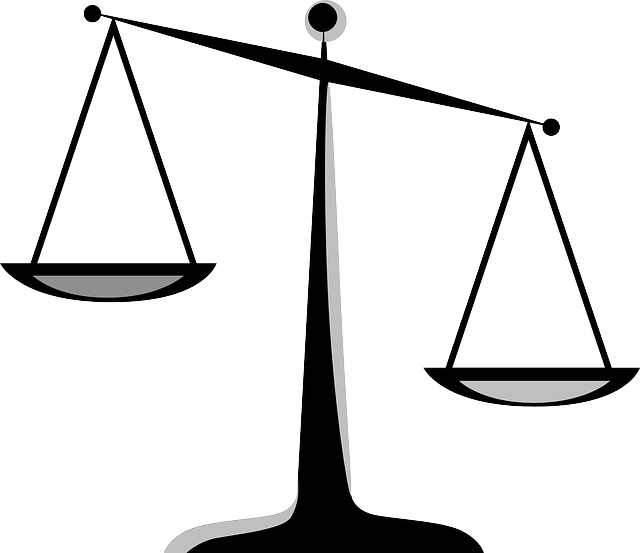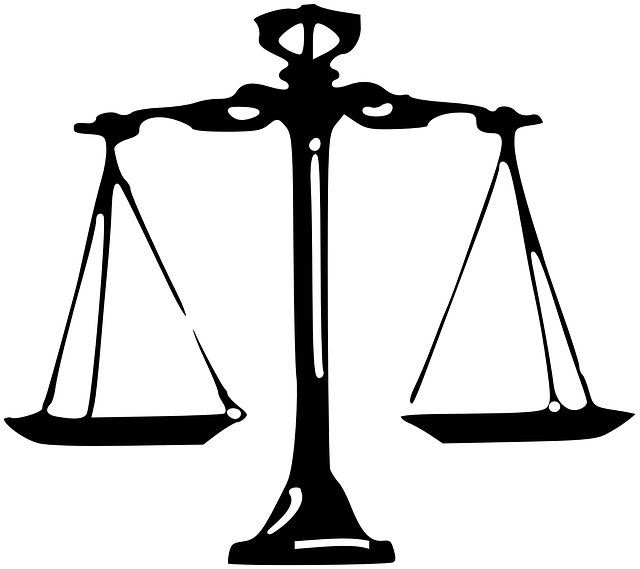Antitrust laws protect consumers from businesses engaging in anti-competitive practices. The Consumer Fraud Class Action Lawsuit Process is a powerful tool for addressing these issues, allowing affected individuals to band together and challenge fraudulent practices collectively. This process involves identifying violations, filing lawsuits, court certification, and potential settlements or trials. Key stakeholders include consumers, businesses, and government agencies like the DOJ and federal trade commissions. These cases shape market competition, consumer experiences, and economic stability, with the goal of compensating affected parties and promoting fair business practices.
Antitrust violation cases play a crucial role in maintaining fair competition in the marketplace. This article delves into the intricate world of antitrust laws, their purpose, and how to identify potential violations. We explore key aspects such as the Consumer Fraud Class Action Lawsuit Process, understanding the roles of various stakeholders, and strategies for prevention. By examining these elements, we aim to equip readers with knowledge to recognize and combat anticompetitive practices effectively.
- Understanding Antitrust Laws and Their Purpose
- Identifying Potential Antitrust Violations
- The Consumer Fraud Class Action Lawsuit Process
- Key Players in Antitrust Litigation
- Impact and Prevention of Future Violations
Understanding Antitrust Laws and Their Purpose

Antitrust laws are designed to promote fair competition among businesses, ensuring no single entity dominates a particular market. These regulations aim to protect consumers from anti-competitive practices that may lead to higher prices, reduced product quality, and limited consumer choice. Understanding these laws is crucial when dealing with potential violations, especially in the context of complex business operations. The primary goal is to maintain a competitive marketplace, fostering innovation and preventing corporate dominance.
The process of addressing antitrust violations often involves Consumer Fraud Class Action Lawsuits. These legal actions are brought forth by affected consumers or groups to hold businesses accountable for anti-competitive behavior. By pooling resources and sharing legal expenses, respective business, corporate, and individual clients across the country can effectively challenge practices that may seem subtle but significantly impact market dynamics.
Identifying Potential Antitrust Violations

Identifying potential antitrust violations is a meticulous process that requires a deep understanding of market dynamics and legal frameworks. Experts in this field meticulously examine business practices to uncover any actions that may hinder fair competition. This involves scrutinizing agreements, mergers, and collaborations between companies to ensure they do not result in anti-competitive behavior such as price fixing or market division. By closely following industry trends and staying abreast of regulatory changes, attorneys specializing in antitrust law can play a pivotal role in spotting early indicators of possible violations.
The consumer fraud class action lawsuit process often emerges as a powerful tool in addressing these issues. High-stakes cases demanding complete dismissal of all charges require robust evidence and strategic legal arguments to defend against allegations of antitrust breaches. Skilled attorneys representing companies face the challenge of demonstrating compliance with antitrust regulations while protecting their clients’ interests. This delicate balance demands a comprehensive approach, leveraging legal expertise and meticulous documentation to navigate the complex landscape of competition law effectively.
The Consumer Fraud Class Action Lawsuit Process

When consumers face instances of fraudulent practices or anti-competitive behaviors from businesses, they have a powerful tool at their disposal: the Consumer Fraud Class Action Lawsuit Process. This legal mechanism allows affected individuals to unite and hold corporations accountable for their actions. The process begins when a group of consumers, who have experienced similar harm, band together to file a class action lawsuit against the alleged wrongdoer. This collective action ensures that each plaintiff’s voice is heard and their interests represented.
The Consumer Fraud Class Action Lawsuit Process involves several stages. First, plaintiffs must identify the specific violations, such as price-fixing or misleading advertising, which led to their financial loss. Once a solid case is established, legal representatives can file the lawsuit on behalf of the class. The court then evaluates the evidence and arguments presented to decide whether to certify the case as a class action. If approved, the case moves forward, potentially leading to a settlement or trial that could result in compensation for all affected consumers and, in some cases, a complete dismissal of all charges against the corporation, especially if it involves white-collar defense strategies.
Key Players in Antitrust Litigation

In antitrust violation cases, several key players are involved in the complex legal process, including consumers, businesses, and government agencies. When a Consumer Fraud Class Action Lawsuit Process is initiated, consumers who have been harmed by anti-competitive practices can band together to file a lawsuit against the offending company or entity. These class action lawsuits aim to hold the responsible parties accountable for damages incurred due to price-fixing, market manipulation, or exclusive dealing agreements that restrict competition and ultimately lead to consumer fraud.
The role of government agencies such as the Department of Justice (DOJ) and federal trade commissions is pivotal in investigating and prosecuting these cases. They play a vigilant white collar and economic crimes defense role, ensuring fair business practices and protecting consumers from anti-competitive behavior. The DOJ, for instance, often intervenes in antitrust violations, seeking remedies through settlements or jury trials to deter future misconduct. This collaborative effort between government agencies and affected consumers is crucial in upholding market integrity and fostering a competitive environment that benefits the broader economy.
Impact and Prevention of Future Violations

The impact of antitrust violation cases extends far beyond the immediate business involved. It affects the market dynamics, consumers, and the overall economic landscape. When companies engage in anti-competitive practices like price-fixing or market division, it leads to higher costs for consumers and reduced options, undermining fair competition. These cases serve as a powerful deterrent, aiming to prevent future violations by holding companies accountable for their actions.
The process of addressing antitrust violations involves complex legal procedures, including Consumer Fraud Class Action Lawsuits. These lawsuits not only seek compensation for affected consumers but also play a crucial role in sending a strong message to businesses. Through successful prosecutions and jury trials, the justice system can ensure that corporate and individual clients face significant consequences, potentially leading to complete dismissal of all charges if their actions are deemed non-culpable after a thorough investigation.
Antitrust violation cases, as discussed, are complex yet crucial for maintaining fair market competition. Understanding these laws, identifying potential violations, and recognizing the role of key players in litigation are essential steps in protecting consumers from fraud. By adhering to the Consumer Fraud Class Action Lawsuit Process, individuals can actively contribute to preventing future violations and ensuring a level playing field in the marketplace.
